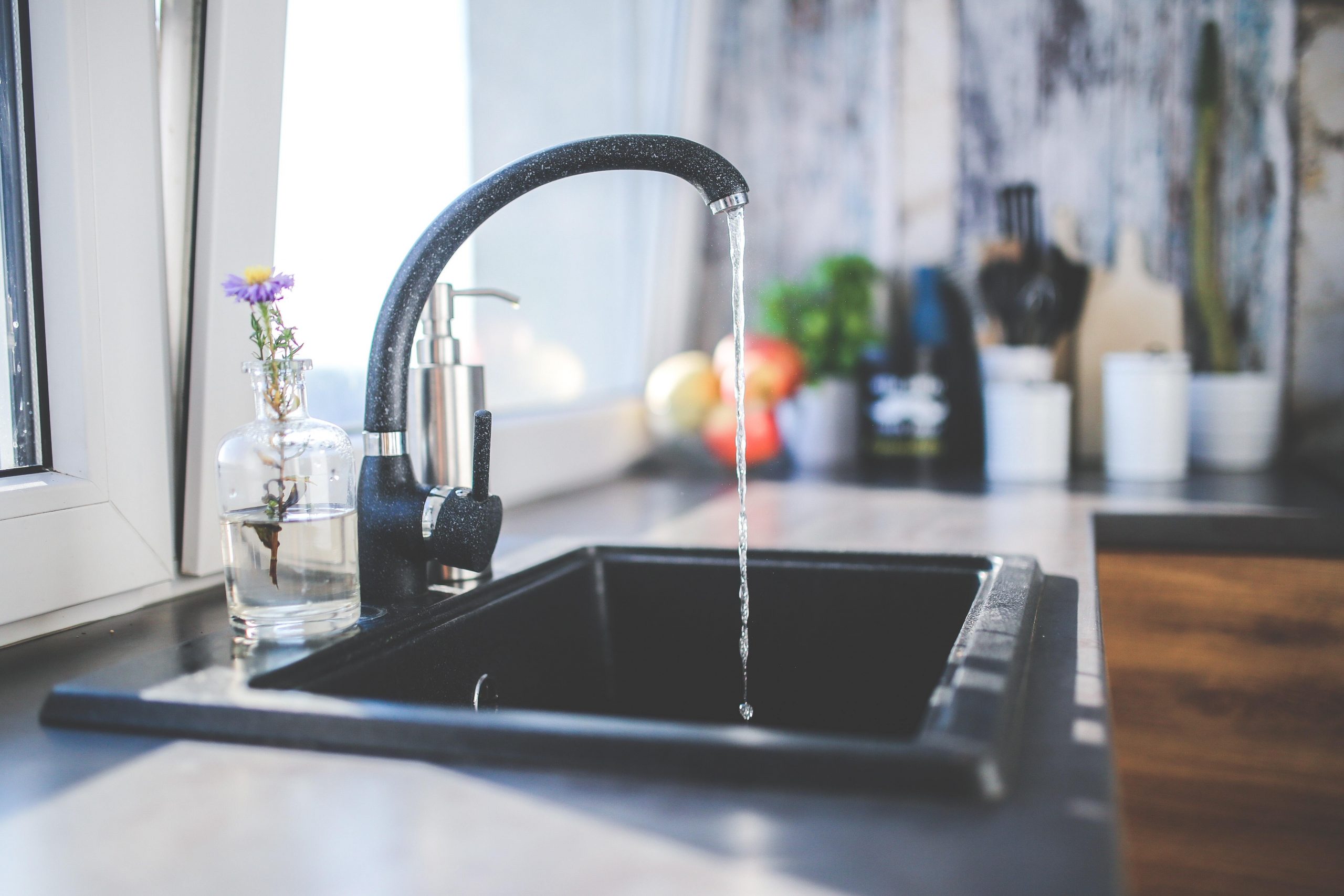The new fees will be reflected in the February 2021 electricity and water bills.
Expats and organisations will pay 20% more on top of their already existing monthly bill this month, when Kahramaa’s new monthly sanitation fee goes into effect.
“Sanitation fees will be due as of January 2021, and will equal 20 percent of the monthly water consumption bill issued by Kahramaa. The fees will be charged by Kahramaa for sanitation services provided by the Public Works Authority (Ashghal),” Kahramaa tweeted on Sunday.
Sanitation Fees will be due as of January 2021, and will equal “20%” of the monthly water consumption bill issued by #Kahramaa#BetterLiving#Qatar pic.twitter.com/YHChAURLM5
— KAHRAMAA (@kahramaa) January 31, 2021
According to Kahramaa, the service includes connecting facilities to the sewage network, usage of the networks and providing permits for services related to the operation and maintenance of both drainage and roads networks.
Qatari citizens as well as residents who work for government institutions are exempt from paying water and electricity bills. Service fees will be calculated at 20% of the value of the monthly water bill issued by Kahramaa. The new tariff will first be reflected in February bills.
The announcement in December triggered backlash, with social media users taking aim at how the move will be implemented.
“Non Qatari will only pay this bill. Basically the Kahrama bill is too high. How can low income salary employee can afford all these bills? Why in Qatar everything is going high except salaries. They reduce salaries for residents due to corona now they adding new bills,” one angry user said on Twitter.
According to an Ashghal press release, the new system “aims to improve efficiency and quality of infrastructure services provided by the government, and to rationalise water consumption and preserve water resources of the state, in light of increasing scarcity of water resources in the world.”
Ashghal also said drainage services for residents including the disposal of wastewater from homes and establishments will be connected to a wider drainage network, which will then be transported through substations and major pumping centres to huge treatment plants, where it undergoes complex cleaning and sterilisation procedures.
This will be reused for various purposes including irrigation of green areas, sand washing, cooling and other uses.
Follow Doha News on Twitter, Instagram, Facebook and Youtube







